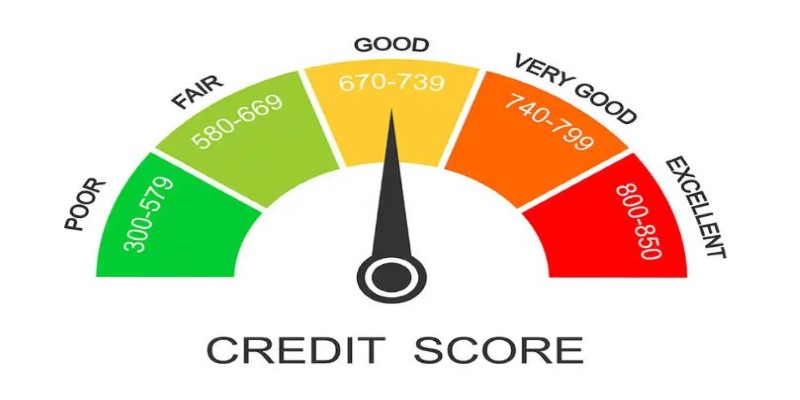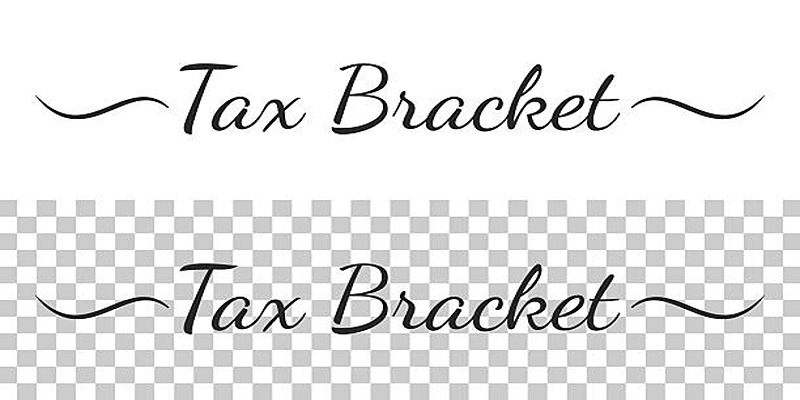Buying a home while managing student loan debt can feel like trying to do two big things at once. You’ve finished school, started a job, and want a place to call your own—but those loan payments haven't gone. It's a common situation. Many buyers have student loans and still manage to purchase homes. It's not about being debt-free.
It’s about showing you can handle both. That means understanding how your loans affect your financial picture and how lenders look at them. With the right plan, buying a house with student loan debt is possible—and often more realistic than it seems.
Understanding How Lenders View Student Loan Debt
Lenders base mortgage approvals heavily on your debt-to-income (DTI) ratio. This number shows how much of your income goes to debt. A lower DTI makes you more appealing as a borrower. Student loans are a big part of that equation. Lenders often factor in your actual monthly payment or a standardized amount, depending on your loan type and repayment plan.
Your monthly obligation may look lower if you're using an income-driven repayment plan. That can help your DTI ratio, but not all lenders will accept the reduced amount. Some will calculate a payment using a percentage of your balance, even if you pay less each month. This matters more for conventional loans than FHA or VA loans, which are sometimes more lenient.
For private loans, the rules vary. They tend to have less flexibility than federal ones, with fewer options for reducing monthly payments. However, whether federal or private, lenders care about how those loans fit into your financial picture; a solid payment history will help, while missed payments can hurt your chances.
Steps to Improve Your Position Before Applying
Before applying for a mortgage, clearly understand where you stand. Start with your credit score. A good score can lead to better interest rates and more loan options. If your score needs work, paying down balances and avoiding new debt are two ways to improve it. Managing your student loans well—on-time payments and avoiding default—is just as important.

Next, take a close look at your DTI. Most lenders prefer it to be under 43%. Consider adjusting your repayment plan if your student loan payments push you over. Switching to a lower monthly payment or refinancing your loans may help. Just be sure to weigh the long-term cost before refinancing federal loans into private ones.
Your savings will matter, too. While you can buy a house with a small down payment, having more saved gives you more flexibility and makes lenders feel more confident in your ability to handle a mortgage. It can also reduce the need for private mortgage insurance.
Boosting your income can help, but lenders usually want steady income over time. If documented and stable, a side job or freelance work might strengthen your profile. Consistency matters more than size.
Choosing the Right Loan and Program
The type of mortgage you choose can make a difference when you have student loans. FHA loans are often a fit for first-time buyers. They allow higher DTI ratios and lower credit scores than many conventional options. You’ll pay mortgage insurance, but the qualification standards are easier to meet if your loan debt is high.
VA loans are another great choice if you qualify. With no down payment or mortgage insurance, they offer solid terms and can be more flexible with debt. USDA loans work for buyers in eligible rural areas and have similar benefits.
Conventional loans typically expect more from borrowers—higher credit scores, lower DTIs, and larger down payments. But they may come with lower long-term costs if you qualify. Some lenders even offer programs tailored to borrowers with student debt, offering help with closing costs or using special rules for calculating DTI.
Shop around before deciding. Lenders vary in how they treat student loans. A bank might reject an income-based repayment amount, while a credit union may accept it. Ask specific questions. Know what documents you’ll need. And don’t settle just because one lender says no—another may offer better terms.
Life After the Purchase: Managing Both Mortgage and Loans
Getting the mortgage is one step. Managing it alongside your student loan payments is the next. Budgeting becomes even more important once you own a home. Between the mortgage, student loans, and the everyday costs of maintenance and bills, you’ll need to keep a close eye on where your money goes.

Setting up an emergency fund is one of the best things you can do. Even a small amount gives you room to breathe when something unexpected arises. Without it, you're more likely to rely on credit cards, making your financial situation harder to manage.
Decide how you want to approach your debts. Some people choose to pay down student loans aggressively. Others keep both payments steady and use extra funds to save or invest. Consider what matters most—freedom from debt or long-term savings—and adjust accordingly.
In time, you might be able to refinance your mortgage or your student loans again, especially if your credit score or income improves. Lowering your payments on either side frees up cash for other goals. But always check the fine print—refinancing might cost certain protections or benefits.
Owning a home doesn’t end with the purchase. It’s a process of adapting. Life changes. Income changes. Goals shift. If you stay flexible and keep your finances organized, you’ll be better prepared to handle both the home and the student loan without feeling stretched too thin.
Conclusion
Buying a house with student loan debt isn't out of reach. You can manage both with careful planning, a strong understanding of your finances, and the right loan choice. Lenders care more about how you handle debt than the debt itself. Keep your budget realistic, stay organized, and make informed decisions. Your loan balance doesn't have to hold you back from owning a home—it just means the path takes more strategy.












